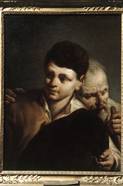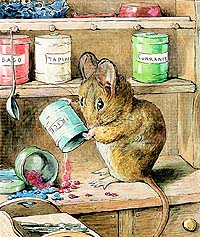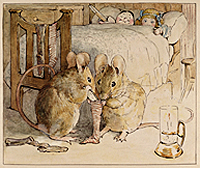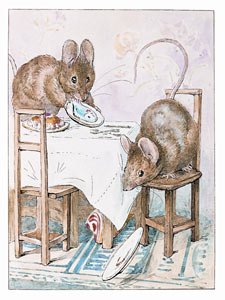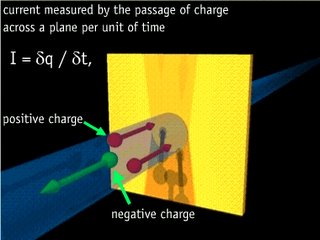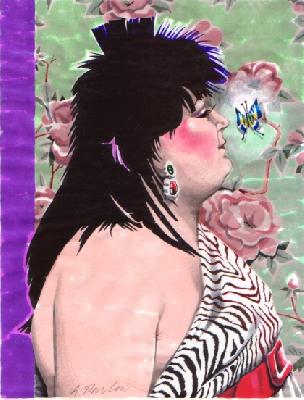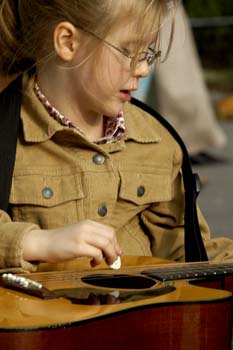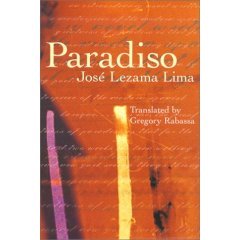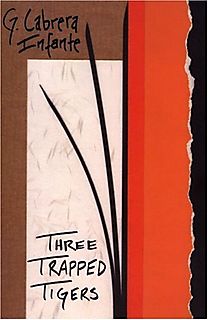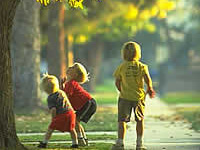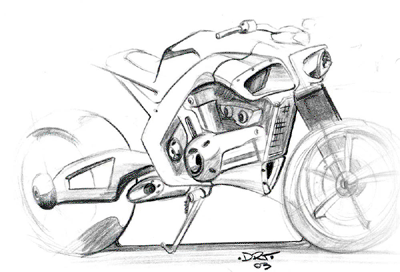 By Marti Zuckrowv
By Marti Zuckrowv "I'll write about women and their bodies," I announced
to my husband. I'm a woman, I have a body, and this
body of mine has messed with my mind for most of my
life. Or, is it my mind that has messed with my body?
"You are not your thoughts," an anxiety therapist
lectures my anxiety support group. "You are the person
who observes your thoughts."
And I think, so how did all this obsession with being
thin invade the person who observes my thoughts?
Society certainly reinforces this obsession for
so many, many women (although statistics show that the incidence of
anorexia nervosa among men is growing.)
This person who observes my thoughts was a dancer.
Let's get real. Standing in front of a mirror six
days a week for hours at time fueled the "never too thin"
madness.
And from the dance world I leaped right into the fitness
industry. Oy vey, was I in trouble then. And not only me.
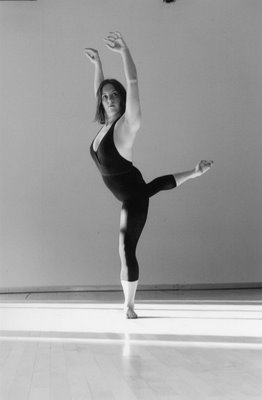
I looked around and saw through the eyes of the person who
observes my thoughts a parade of women, all sizes,
shapes, ages, all suffering because of their particular
bodies -- too fat, too tall, small boobs, flabby belly,
you name it. And the women like myself, working in the
fitness industry -- whoof!
Granted there are some sane fitness professionals,
but in my 25-plus years in the industry, I saw many
colleagues struggle with eating disorders and
the unrealistic body image goals they chased after,
often at the expense of their physical and mental health.
I saw how the emotional pain of hating your body can
play out.
Like a parasite, the self-hatred enters you and flows
through your blood to the darkest deepest pockets
of your being; it lodges in your internal
organs. From there an octopus-like creature claws at
your flesh. You itch and burn from the inside out with
the shame of your flesh, your body. Then you pick up
a magazine and stare at the perfect-size-six on the glossy
page, perky hair, perky boobs, milk-and-honey
complexion and of course she is surrounded by gorgeous
trim men.

Or you catch one of those car ads, the sexy car with the sexy
bimbo behind the wheel, triceps and biceps pumped up
just enough. Or maybe it's the fashion page, the
streamlined little-nothing dresses barely covering the
20-year-old model. There is no way out here if you
buy into this and so many of us otherwise rational,
bright, women do.
"Dance on Paper" was the last dance performance I did,
as a dancer and choreographer. I was coming out as a
writer, and hoping to get away from the fixation on
the thin body. Ha. In my early 50's at that time, no
matter how far I got from the tyranny of the dance
world, I was most certainly possessed with the hatred
of my female body, a perception I had unknowingly
accepted as the
TRUTH.
The person that I am could not get away from
the thoughts that I was observing, the self-destructive
notion that thin is beautiful, fat is shame.
These thoughts shot me like poison arrows. They left
large gaping holes in my arms and legs and belly. I sought relief in
the company of my demons. They hosted a party and lured

me with desire.
Starve, exercise, purge that body of
yours, you can do this. We will hold your hand and
when your fingers become twigs we will snap your neck
and blind your eyes to that ugly image in the mirror.I baby-sit my grand niece three days a week. She is
six months old. What I find so amazing is the
instinctive need to eat. There are no eating disorders
here. When she is hungry she cries for food. When she
has had enough she is done. There are no binges here.
How does it begin, this debilitating behavior, this
obsession with our bodies the way we think they should
look. We are not our bodies in the same way that we
are not our thoughts. Then what are we? How come we
get trapped in the body and the mind and do not really
live as who we are whatever that is.
Am I making any sense? What sense can I make of the jail so many
women inhabit? Self-inflicted? To self annihilate, just turn on the
tube, go to the movies, ask your mother. You can never
be too thin or too rich. Who started this conspiracy
and who had the genius to hypnotize half the American
population with such a mantra? I can't address the
rich part, I'll never know and luckily I avoided that
devil thanks to my leftist upbringing. But the other
half, I swallowed whole. Thanks to an amazing
behavioral medicine clinic with an exceptional eating
disorder program, I hope to soon be free of the
tyranny of anorexia. I'm working hard on my recovery
and let me tell you, it's rough. But I'm not giving
up. I choose life.
Oh yes. And words.
I choose words, to get me through.
Writer Marty Zuckrowv, of Oakland, California, is a lifelong dancer and performance artist who teaches movement classes to people with disabilities.
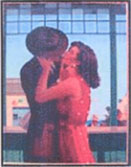 By Cecele Kraus
By Cecele Kraus


